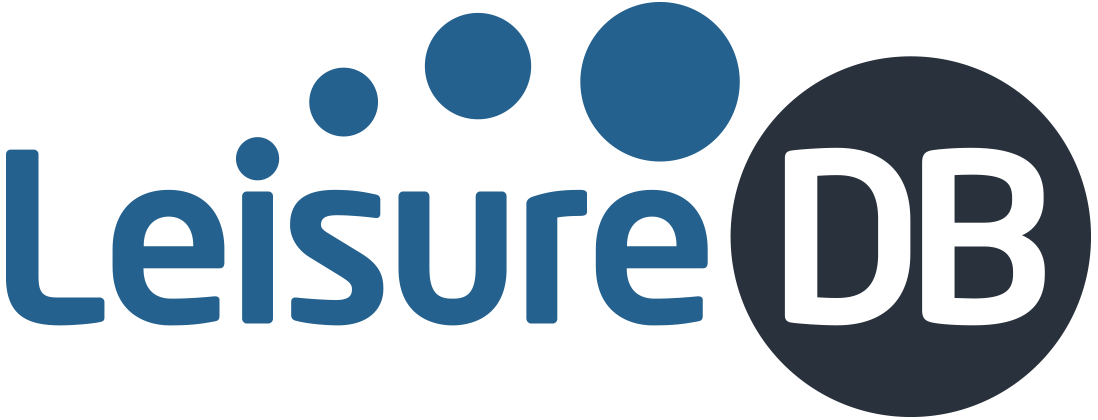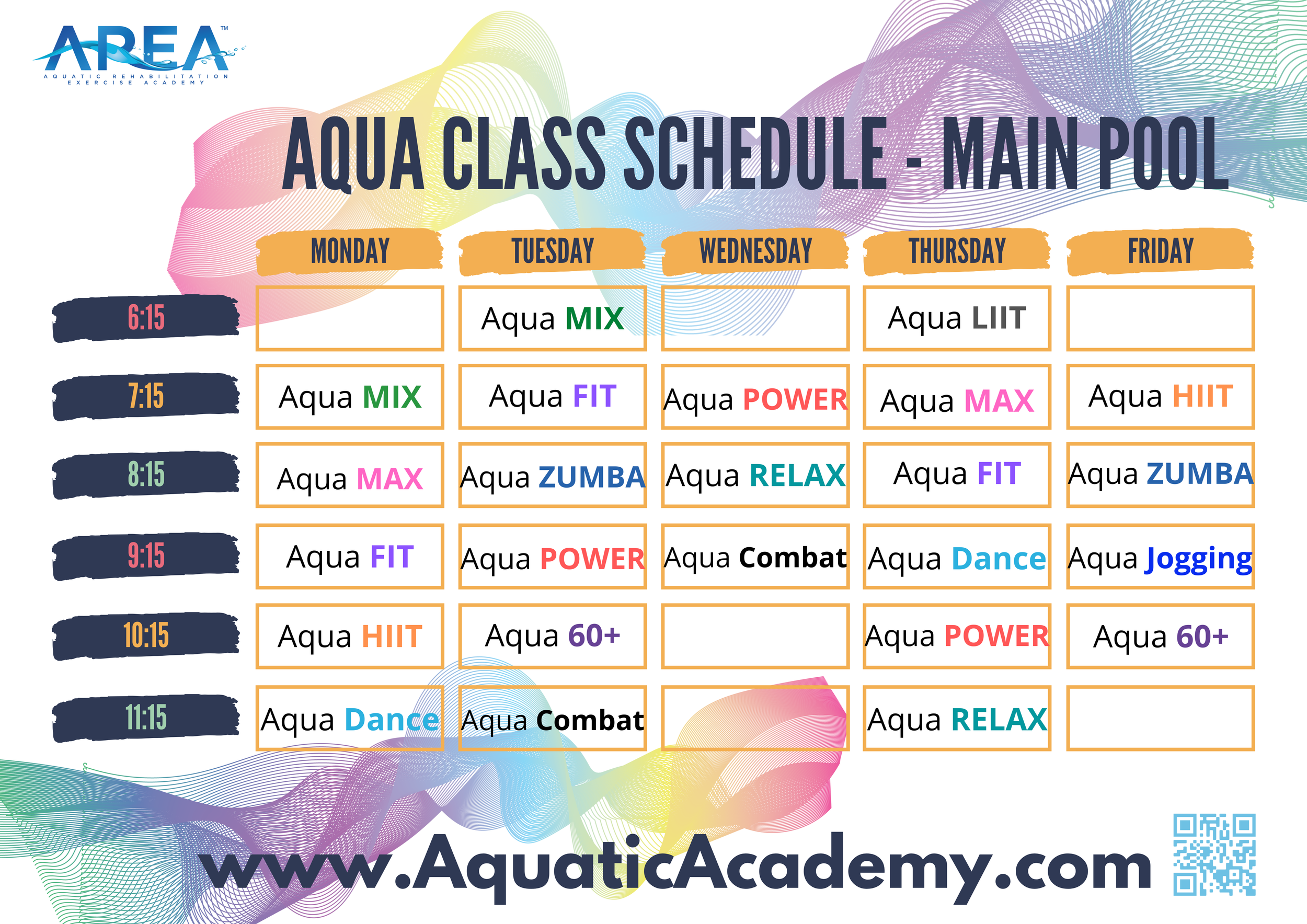Rethinking Aqua Programming: Bringing Variety and Energy to the Pool
At the Leisure DB Freeflow Swimming Conference, I had the pleasure of sitting on a panel alongside Greg Chesters (Max Associates) and Suzanne Gabb (Good Boost) in a discussion on ‘Programming for Success,’ hosted by Rebecca Adlington.
Our conversation explored a wide range of themes, from participation trends and financial sustainability to community impact, pathways for children beyond swimming lessons, and strategies for developing the next generation of aquatic professionals.
With these topics in mind I also wanted to share a few thoughts I didn’t have the opportunity to raise during the session – particularly around the programming of aquatic timetables and the untapped potential of Aqua sessions. This also extends to the national shortage of Aqua Instructors, and how we can better attract, train, and retain the next generation of skilled professionals in this area.
When most people hear the word Aqua, their first thought is often of classes for the older population – and understandably so. If your timetable simply lists ‘Aqua’ on Monday, ‘Aqua’ on Tuesday, and so on, you’ll naturally attract that demographic. These loyal participants, who turn up come sun, rain, wind, or snow, are the backbone of pool programming and a reliable source of income.
However, this success can sometimes limit innovation. By introducing more variety in class types and naming – such as Aqua HIIT, Aqua Blast, or Aqua Toning – operators can engage a broader audience. Younger members, more male participants, and those looking for something new and dynamic may all be drawn in by this simple yet effective shift in branding and focus.
An aquatic timetable has the potential to be just as vibrant, diverse, and exciting as a land-based group exercise schedule. It’s about rethinking how we name, promote, and position our classes – because the pool offers far more than we often give it credit for.
Not only can this approach attract new members, increase revenue, and diversify your programme offering, but it can also inspire both staff and members of the public who may not have previously considered Aqua as part of their career journey.
For example, a lifeguard who regularly observes Aqua classes may begin to look forward to these sessions, becoming inspired to step into a teaching role. This might begin with occasional cover work and evolve into a specialism in Aqua Fitness, Deep Aqua Fitness, or Aqua Natal. Or alternatively, they could expand further into equipment-based formats such as Aqua Step, Aqualogix/AquaStrength, Aqua Pole (Pole dancing in water) or Hydroriders (yes – spinning in water!).
At the more advanced end of this professional pathway lies aquatic therapy – a rewarding field supporting individuals with conditions such as arthritis, hip problems, or mobility challenges. These roles enable professionals to help participants manage pain, improve movement, and enhance their quality of life through the unique properties of water-based exercise.
The next generation of fitness professionals are driven by purpose and want to make a difference and a diverse Aqua programme offers exactly that. These classes improve physical and mental health, support lifestyle changes, and can even enhance performance for those training for endurance events or elite sport.
At Aquatic Rehabilitation and Exercise Academy, we’re passionate about helping health clubs and leisure operators unlock the full potential of their aquatic spaces. Through tailored instructor training, programme design, and consultancy, we support facilities in building engaging, inclusive, and financially sustainable Aqua offerings that benefit both their business and their community.
To find out how your site can harness the power of Aqua Fitness and Therapy, visit www.AquaticAcademy.co.uk




